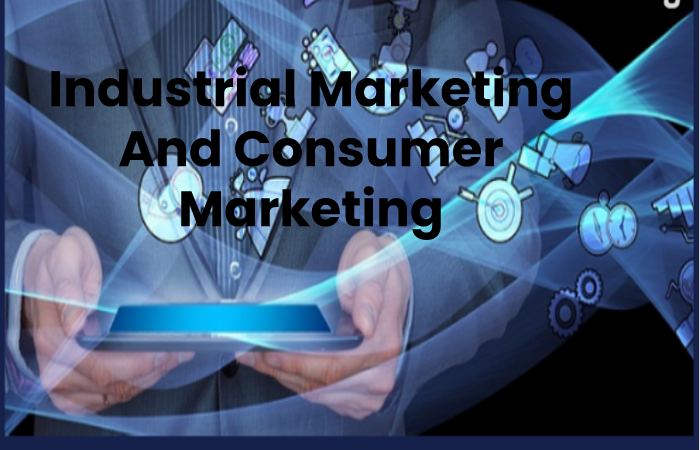Industrial marketing stands out for applying marketing principles to the type of business relationships characteristic of industrial markets. What are its fundamental aspects, and how does it differ from consumer marketing?
Industrial marketing is the branch of marketing applied in the B2B (Business To Business) sector; that is, it is used in companies with other companies as customers. As a result, industrial marketing takes a different approach from that implemented in B2C (Business To Consumers) businesses, although both share one essential aspect: internet-centric.
The purchase of a product or service is usually in charge of professionals, who are in charge of doing an extensive investigation of the product or service that your company needs, searching the internet for technical specifications, quality certifications, type of post-sale support, etc. In the industrial sector, sales processes are lengthy and remain based on objective criteria. On the other hand, the links between the parties tend to be more durable than in the B2C sector, so special care remains taken to cultivate good relationships with customers, projecting long-term commercial transactions.
It determines that industrial marketing has a consultative approach and remains strongly oriented towards advising buyers, providing all the data they need to evaluate a product and reach an informed decision. On the other hand, it implies that marketing actions do not end in the sale but extend to incorporate service and communication strategies to build customer loyalty.
The industry’s technological evolution and changes in production models have resulted in an increasingly specialized and segmented demand for industrial products. Industrial marketing exists to better respond to this demand, facilitating relationships between buying and selling companies.
Table of Contents
Industrial Marketing And Consumer Marketing
The principles that guide B2B marketing are the same as those of B2C marketing. However, the particularities of industrial markets, usually more oriented towards customer relationships, determine that some actions of industrial marketing are different from those of consumer marketing.
What are the characteristics of industrial markets? In their book Industrial Marketing, Mikel Mesonero and Juan Carlos Alcaide list some differences between the B2B and B2C markets. For them, in the industrial sector:
- The number of buyers available is more minor.
- A small number of buyers concentrate the most significant number of purchases in the sector.
- There is a close relationship between buyers and sellers, which tends to extend over time.
- The demand is derived. Bidding companies in industrial markets tend to have little impact on the final request for the products and services marketed by their buyers.
- Demand is inelastic, that is, not sensitive to price variations.
- Purchases remain made by professionals or experts whose needs are usually specific.
More than one person intervenes in the purchasing processes, so different actors decide or condition the purchase.
Based on these physiognomies, the specificity of B2B marketing lies in finding more and better ways of serving the relationship with prospects and clients. On the one hand, and the other, in adopting a consultative model that can satisfy the specific requirements of opportunities in the different stages of their buying cycle, consolidating a brand as a benchmark in its market niche.
It means that people, today additional than ever, have become the center of advertising. And for the B2B market, trade marketing has become the most acceptable way to monetize your customer relationships.
Inbound Marketing For The B2b Sector
Inbound marketing is a numerical marketing strategy that considers prospects’ interests and specific requirements, and based on them, develops educational content that adds value to them. It makes it easier for users and potential customers of a company to find it more easily on the internet. Discover its products. And establish, little by little, a relationship of trust with its brand.
The emphasis placed on links with the audience makes it a method highly chosen by B2B companies worldwide. The diversification of gratified to address the doubts and problems of each prospect allows a company to build relationships of trust with its buyers. Success lies in working together. Co-creating with customers, and accompanying them throughout the purchase process. In this, inbound stands out.
What Are The Profits Of An Inbound Marketing Strategy For The Industry?
Today, it is rare to think of industrial marketing that does not take these contributions into the account. Of course, some other techniques and methodologies can come into play. And these are often perfectly combined with an inbound strategy. Digital advertising on search engines and social networks is one of them.
However, in the long period, inbound marketing provides a solid foundation for sustainable development. And this is somewhat that companies know how to prioritize.
Industrial Marketing Resources
If you are attentive to know more about industrial and B2B marketing. We recommend the book mentioned above by Mikel Mesonero and Juan Carlos Alcaide. You can also promise our blog to receive weekly all our posts on inbound and digital strategy for the industry.
Finally, we invite you to download our guide to industrial marketing, the most comprehensive online resource on the subject.
